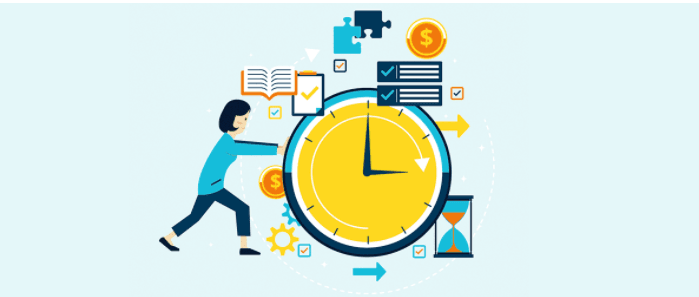
Let’s imagine the organism as a circuit, a network within which biological, physical and psychic events are always connected. We can understand how a good balance between "body", "mind" and "behavior" is essential to fight Stress.
So how can we find our balance back again to manage stress? Let’s find it out with these 10 steps to stress management
1) Pay attention to daily habits
remember that our body tolerates moments of stress, even acute, as long as they are short-lived. After periods of possible intense stress we find regular and frequent relaxation areas - even if limited in time.
2) Beyond commonplaces, we are "moving animals"
When we do physical activity, the latter has the upper hand over the intellectual one; a good walk (preferably in a natural environment) therefore has a great rebalancing power also from a psychic point of view.
3) The importance of food
Let's not forget how important proper nutrition education is: the food we eat also interacts with our immune and nervous systems.
4) Combat Stress through "doing"
it is our behaviors that influence results, goals achieved and remove stressful situations.
5) Plan carefully
Proper work planning and effective time management are fundamental allies against Stress.
6) Assertiveness
Very often, stressful situations arise from the fear of a possible conflict: we develop our assertiveness to the fullest, for example in learning to say no when it is appropriate.
7) Set yourself goals
Yes to challenging but achievable goals! We remember how much setting unattainable goals is an important source of frustration and stress.
8) Beware of impulsiveness
Faced with "problems" that generate stress, we tend to decide with impulsiveness (generating other "problems": problem solving techniques can help us both in the analysis of the situation and in the decision-making phase.
9) Preparation
Prepare for potentially stressful events. Focus on the actions to be taken and the mistakes to avoid in order to be effective. In this way, for example, when it is time to make your presentation in public, you will feel confident, certain that you "have what it takes" to be successful.
10) Stress management with yoga and meditation
B.K.S. Iyengar, one of the greatest masters of modernity, said that Yoga teaches us to accept what cannot be changed. By practicing, we understand how acting with force, as we have always been used to doing, is not the best response to circumstances, especially during an uncertain time like the one we are experiencing. Conscious activities allow us to experience that even when the possibilities of movement are reduced, they are no less effective. If we learn to listen to it, we will in fact discover that even the movement of the breath has a profound effect on the lengthening of the body and on the stillness of the mind.
Practicing Yoga, meditation or any conscious activity gives us energy, helps us to recover balance, as it increases our self-awareness, teaches us to listen to how we are and to correct where we feel tension or pain. It is no coincidence that these practices are also strongly recommended for those suffering from chronic pain in the back and lumbar or cervical area; and since many movements promote elongation and flexibility, strengthening the muscles and joints, practicing conscious activity also has concrete benefits against aging. Some positions, such as those in torsion, effectively massage the internal organs helping the body to purify itself of toxins.
We need moments in which we can focus our attention only on the moment we are living: maintaining the same position for a long time teaches us to remain focused even during everyday life. The deep relaxation techniques, which are learned during these activities, are very useful for reconciling sleep: learning to accompany the body in a state of conscious relaxation is a very effective solution against anxiety and mental stress. Finally, practicing Yoga and meditation improves the relationship with our body, increases self-esteem and thus also our mood.
